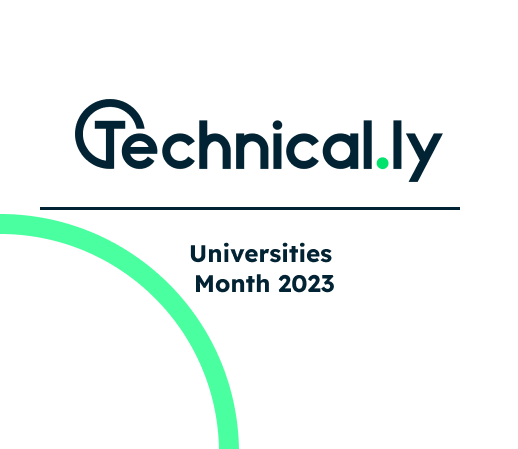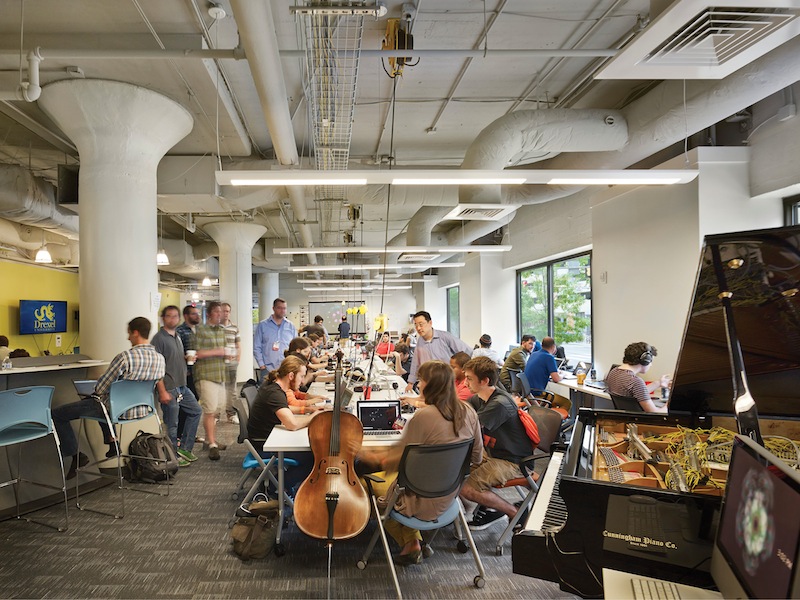University City’s Drexel University was among the first academic institutions to require all students and faculty in all departments to have PCs in the 1980s. Youngmoo Kim, director of the school’s ExCITe Center and professor of electrical and computer engineering, compared that idea to where we are now with AI being used as a classroom tool.
Kim is part of Drexel’s Educational Impact of AI/Machine Learning Group, which is made up of 19 faculty and other pros from departments across the university. The goal of the two-month-old group is to better understand how artificial intelligence and machine learning can be used as a tool and opportunity — from ChatGPT to image and video generation.
Developing a report
The learning group will produce a report discussing the AI and machine learning tools that currently exist, and the potential impact and uses of these tools in the classroom. Steven Weber, vice provost for undergraduate curriculum and education and chair of the learning group, told Technical.ly there is an “institutional need” to address the presence of and recent developments in AI.
“Many of us in higher education are looking at how technology will affect some of the university’s core business, which is research and teaching,” he said.
This group plans to share the report with university leadership by the end of March, and will aim to publish their findings for a wider audience shortly after that.
Yet Jake Williams, assistant professor and AI researcher in Drexel’s College of Computing & Informatics and a member of the learning group, noted it will take time to determine the best practices for using AI tools in the classroom. The technology is developing so fast that they must pay attention to how it changes and what aspects of the technology will have a lasting impact.
Eventually, the group’s focus may shift to more specific uses and applications of AI and machine learning — for instance, showing students how to use ChatGPT to organize their ideas before writing a paper.
Awareness, opportunity and pedagogy subcommittees
The larger learning group is split into three subcommittees: awareness of AI, opportunities AI offers in research and teaching, and pedagogy.
Kim is co-chair of the awareness subcommittee and said his subcommittee keeps in mind that AI and machine learning are constantly evolving, which in turn requires consistent reevaluation of how AI and machine learning can best be used in the classroom.
“[We also] want to create a culture at Drexel where all faculty, all instructors are contributing and exploring and experimenting with these tools,” Kim said.
Williams, who is on the opportunity committee, said the committee is discussing ways AI and machine learning can bring the university together, and how they can facilitate engagement.
Becka Rich, co-chair of the pedagogy subcommittee and an assistant law professor who teaches about AI in the law, said her committee considers three broad principles about how AI will influence the way professors teach: AI is a tool for learning, AI is a tool for equity and AI is a tool for transformation.
Continuing collaboration
Weber hopes the report can reduce fears people have about AI and machine learning, prepare the school to address any other new technology that comes out, and set a precedent for how to address new technology.
One of the recommendations the learning group plans to make, Kim said, is to launch a standing committee to address new technology.
“To my mind, it’s really about building a culture of scholarly exploration investigation around this and application to pedagogy,” he said. “It’s going to be, hopefully, some guiding principles to begin with, and of course, then constantly revisiting that. And then what I’m really hoping for is that we can really build the sort of vibrant Drexel faculty community who is sharing their knowledge, who is sharing their stories.”
In Rich’s experience, the more she plays with AI and machine learning tools, the less scary they are. She can see firsthand where the tools are useful; accordingly, the learning group wants to encourage other faculty and staff to experiment in the same way, she said.
Kim added they don’t want to force this new technology onto anyone, but rather, help people understand how it can be used in their teaching and research. And they want to think about these tools through the lenses of equity, inclusion and community partnership.
“That’s why our committee is composed of faculty from so many different fields,” Kim said. “It’s a very multidisciplinary approach, which is not only necessary, it’s the right thing to do.”
After all — someday soon, AI tools may be as ubiquitous as the PC.
Sarah Huffman is a 2022-2024 corps member for Report for America, an initiative of The Groundtruth Project that pairs young journalists with local newsrooms. This position is supported by the Lenfest Institute for Journalism.
This editorial article is a part of Universities Month 2023 in Technical.ly’s editorial calendar.
Before you go...
Please consider supporting Technical.ly to keep our independent journalism strong. Unlike most business-focused media outlets, we don’t have a paywall. Instead, we count on your personal and organizational support.
Join our growing Slack community
Join 5,000 tech professionals and entrepreneurs in our community Slack today!

The person charged in the UnitedHealthcare CEO shooting had a ton of tech connections

From rejection to innovation: How I built a tool to beat AI hiring algorithms at their own game

Where are the country’s most vibrant tech and startup communities?


